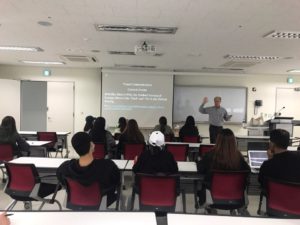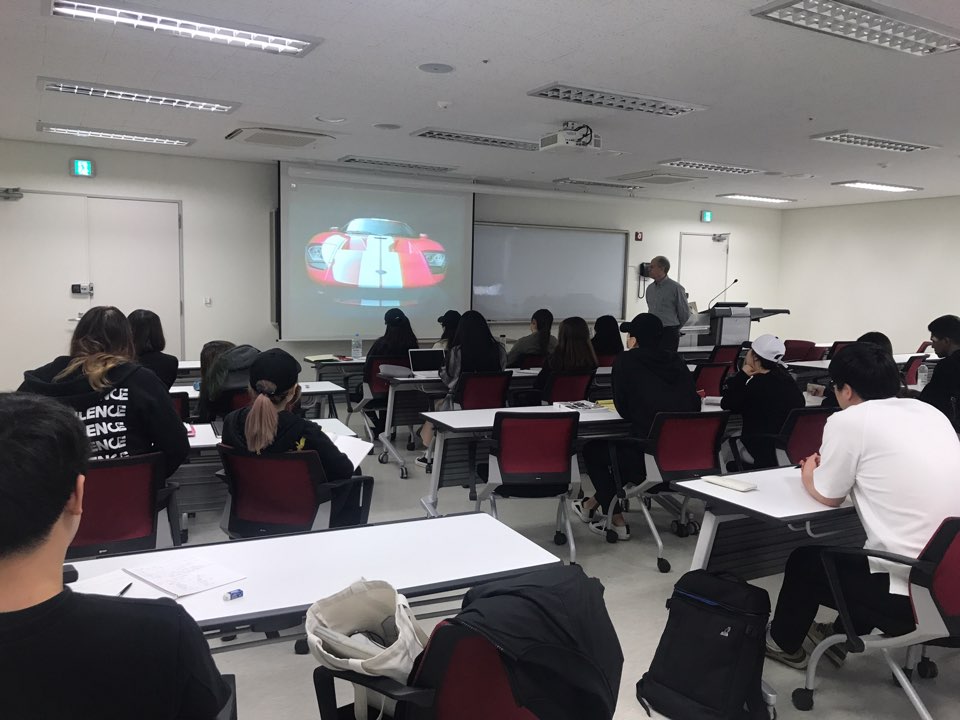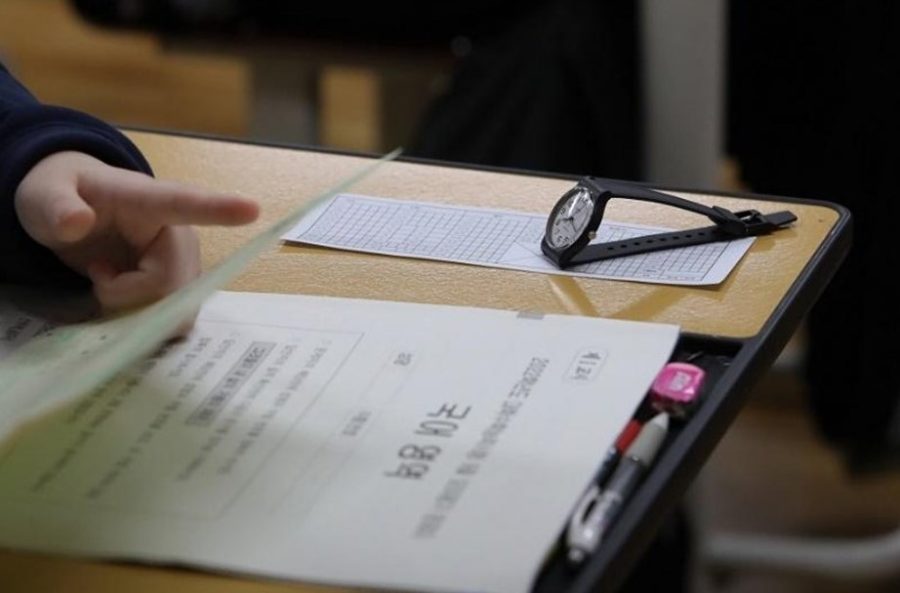
Globally, students in higher education experience high levels of stress as examinations approach. During this period, students undergo intense pressure personally, academically, socially and (sometimes) financially. This is the case with students at University of Utah Asia Campus (UAC). According to interviews with UAC students, examination stress manifests in three fundamental ways: (1) sleep disorders (2) declining concentration and (3) health challenges, including but not limited to cold and anxiety. Here are some coping strategies for students in college to deal with examination stress.
Students frequently experience insomnia and hypersomnia during finals week. It means that they sleep less than usual or that they sleep too much because of high level of stress. It is common that when people are too tired or exhausted, they cannot go to sleep or they sleep more than is desired in order to cope with stress. Consequently, for insomnia, people feel fatigue during daytime study, whereas for hypersomnia, they lack time to study. Jenny Yoon, a sophomore student of Film and Media Arts at UAC claimed that, “I think I have hypersomnia. I sleep too much and I cannot even control it during finals week”.
According to Dr. Kimberly Bowen, Assistant Professor of Psychology at UAC, treatments for insomnia and hypersomnia are almost the same. She suggests that students should keep away from caffeine and sugar, at least three to four hours before sleep. When people become hyper from sugar or caffeine, they would have difficulty falling asleep easily because their bodies have already become aroused with caffeine or sugar. Caffeine usually becomes active three to four hours after consumption. Therefore, students should avoid sugar and caffeine especially if they have sleep disorders before and during finals week. Careful caffeine and sugar consumption are recommended for students with sleep disorders.
In addition to sleep disorders, a lack of concentration is problematic for many students. The accumulation of projects, assignments, essays and project with deadlines particularly as the semester draws to an end puts enormous pressure on students. This often leads to an inability to focus and concentrate. Jung Kim, junior level student in Psychology department at UAC further elaborated that in the library, she has too much thought in her mind that she cannot concentrate well on studies. “My mind gets too busy, worrying about this and that.”
Dr. Carina Pals, Assistant Professor of Psychology at UAC, study plan can solve concentration issues like Jung Kim has. If students make viable plans and keep them, they can only focus on their studies by checking with their schedule rather than simultaneously worrying about other assignments while studying. Therefore, Dr. Pals believes, with proper planning, many students would have much less concerns in their mind and would concentrate better.
Finally, some students have indicated that they suffer from infections and medical challenges such as cold, headaches, back pains, chesty coughs, running nose just before and during examination week. These often make reading and studying more difficult. A drop in the immune system level according to Dr Jeong can be a sign of high stress levels. When students feel unhealthy while preparing for finals week, studying becomes harder than it normally should be. They are loaded with another burden. With headaches and sore throat, sometimes learners cannot even enjoy their body well enough. Min-Jae Kim, a sophomore majoring in Film and Media Arts, says during the finals week, he always catches cold and suffers from sore throat without knowing any reason.
To this concern, Dr. Bowen advised students to stay healthy with exercises, eat nutritious food, and sleep appropriately. Consumption of fast foods, snacks and junk foods during examination preparation period is not helpful. The rule of thumb is to remember that “a healthy mind resides in a healthy body!” Bad lifestyle choices can have a negative effect on the immune system, leading to mental shutdowns and colds. Eating nutritious food, exercising at least thirty minutes a day, and sleeping well are strongly effective ways to fight off catching colds.
In sum, final exam weeks are not easy weeks for students as they are loaded with assignments and examinations. Cognitive and bodily symptoms such as sleep disorders, concentration issues and health problems usually follow high levels of stresses and make their final weeks even more difficult. However, students easily forget about final examination syndrome after their final exams are over. They usually go to vacation and take rest rather than remember those symptoms. Consequently, they are likely to make same mistakes over and over as they face next final examinations. Therefore, guides to cope with these main three symptoms are worth remembering. Careful caffeine consumption, study planning, and health habits maintenance are worth to be kept in mind for the next finals.





![The convenience store chain, GS25, collaborated with the beer company Heineken. This is a pop-up store operated at GS25's Hapjeong Premium Store in Seoul and Ingu Beach Store in Yangyang, Gangwon-do in collaboration with Heineken. [Image courtesy of GS25]](https://songdochronicle.com/wp-content/uploads/2022/10/Korean-convenience-stores-targeting-the-MZ-generations-Chaeyoon-Jung-1.jpg)
